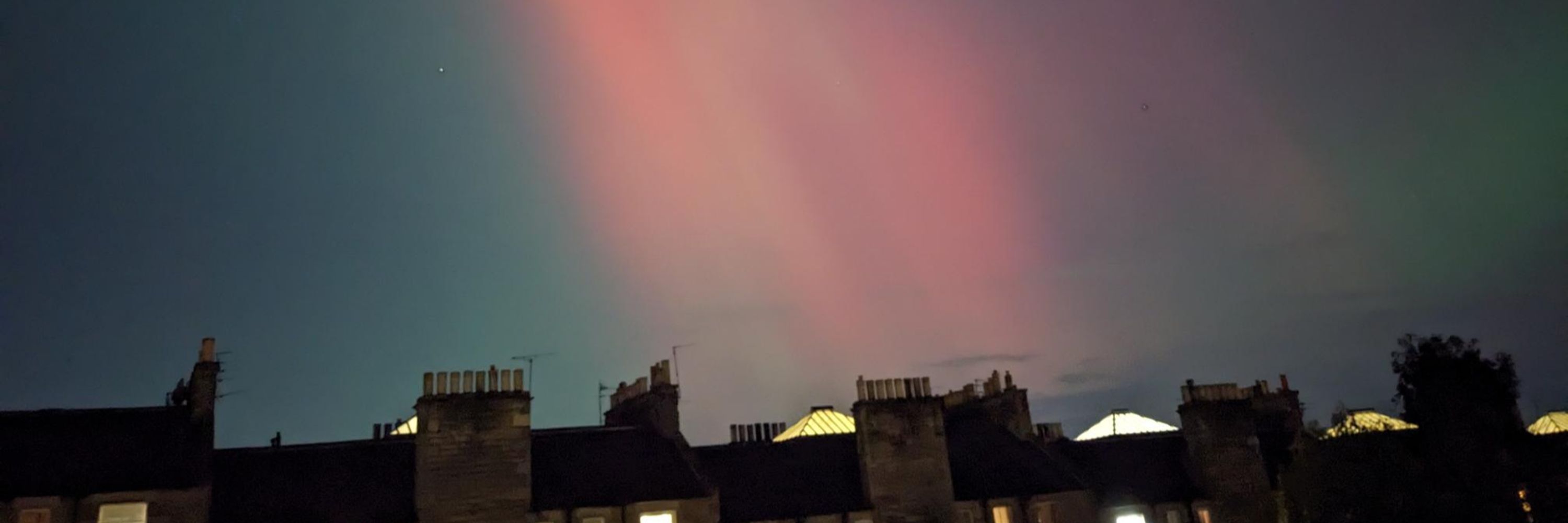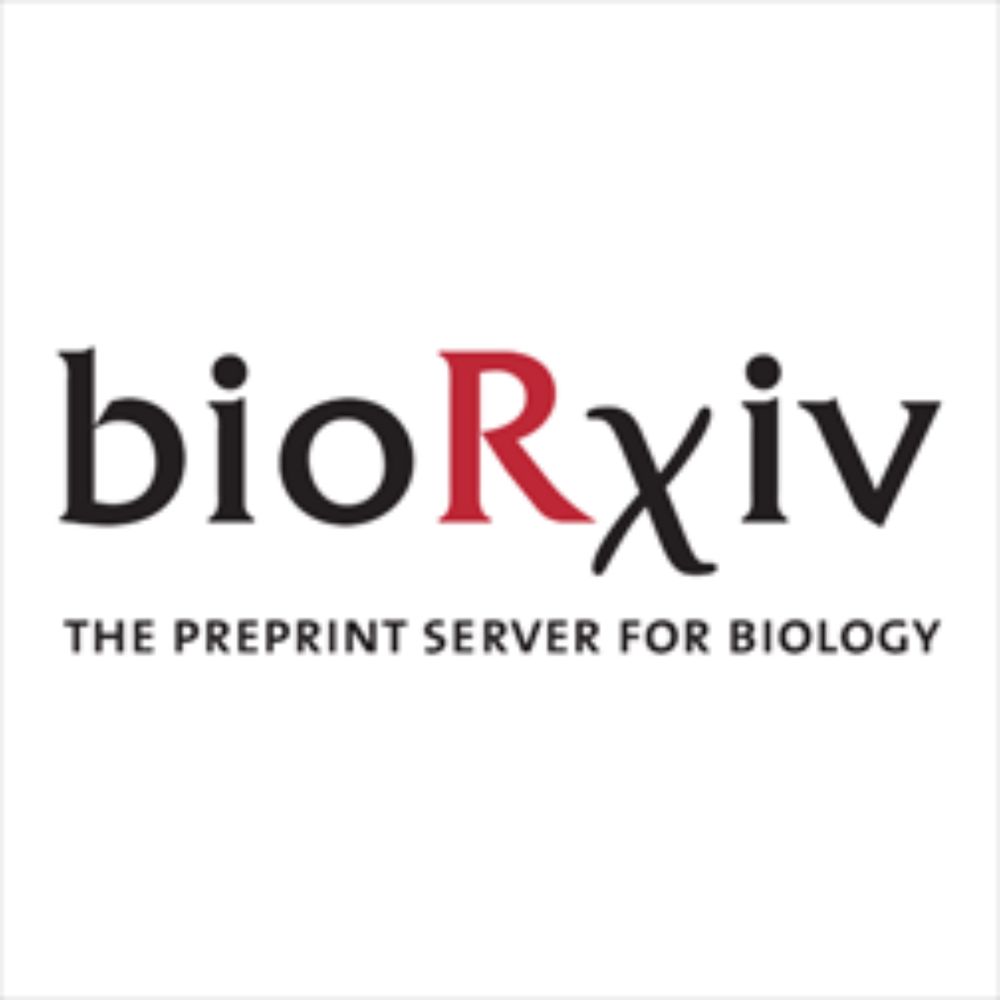
DKTK, DKFZ, LMU https://dktk.dkfz.de/en/research/dktk-researchers/anderson-group
Munich, Germany
As well as thrilling science, the programme includes dinner at the beautiful King's College in Cambridge.
@eventswcs.bsky.social
As well as thrilling science, the programme includes dinner at the beautiful King's College in Cambridge.
@eventswcs.bsky.social
go.nature.com/49VIh7w

go.nature.com/49VIh7w
doi.org/10.1016/j.gd...
doi.org/10.1016/j.gd...
1/n
Come work with our group at the fantastic, collaborative @uoe-igc.bsky.social in a beautiful, liveable city.
🧵 1/4
Please repost 🙏

Come work with our group at the fantastic, collaborative @uoe-igc.bsky.social in a beautiful, liveable city.
🧵 1/4
Please repost 🙏
The episode - Immortal Jellies - looks at some remarkably long-lived species and what they can teach us about ageing. This is a key area of focus for our lab.
www.bbc.co.uk/sounds/play/...

The episode - Immortal Jellies - looks at some remarkably long-lived species and what they can teach us about ageing. This is a key area of focus for our lab.
www.bbc.co.uk/sounds/play/...
I joined the DKTK from the UK 3 months ago and couldn't be happier with how easy it has been fitting in. The quality of work here is phenomenal and you should apply!
The Int'l PhD Program at DKFZ could be a perfect fit for you.
🌍 Work in an international environment, with 500+ doctoral researchers
🔬 Do cutting-edge cancer research
Curious? Join our online info session on 20 Nov. Register here: t1p.de/ws7q3

I joined the DKTK from the UK 3 months ago and couldn't be happier with how easy it has been fitting in. The quality of work here is phenomenal and you should apply!
I am delighted that our paper exploring the impact of Neanderthal-derived variants on the activity of a disease-associated craniofacial enhancer has been published in Development today!
journals.biologists.com/dev/article/...

I am delighted that our paper exploring the impact of Neanderthal-derived variants on the activity of a disease-associated craniofacial enhancer has been published in Development today!
journals.biologists.com/dev/article/...

🗓️ Conference dates: 13-15 April 2026
Participate in expert-led knowledge exchange on how genome evolution shapes human health and ageing 🧬
Check out our exciting speakers ➡️ bit.ly/4hmbnyr
#Genomics

🗓️ Conference dates: 13-15 April 2026
Participate in expert-led knowledge exchange on how genome evolution shapes human health and ageing 🧬
Check out our exciting speakers ➡️ bit.ly/4hmbnyr
#Genomics
Some mutations arise after fertilisation 🧬, so early they can appear in both a parent’s body and their germ cells.
By analysing family trio genomes 👪, we built one of the largest catalogues of these “hidden” inherited variants yet.
tinyurl.com/mvns2ytv

Some mutations arise after fertilisation 🧬, so early they can appear in both a parent’s body and their germ cells.
By analysing family trio genomes 👪, we built one of the largest catalogues of these “hidden” inherited variants yet.
tinyurl.com/mvns2ytv
You can check out the exciting list of invited speakers here: coursesandconferences.wellcomeconnectingscience.org/event/mutati...
See you at the Wellcome Genome Campus, on 13–15 April?
Nice one! ;-) #MITS26
You can check out the exciting list of invited speakers here: coursesandconferences.wellcomeconnectingscience.org/event/mutati...
See you at the Wellcome Genome Campus, on 13–15 April?
Nice one! ;-) #MITS26
(1) Accurate sequencing of sperm at scale
(2) Positive selection of spermatogenesis driver mutations across the exome
(3) Offspring disease risks from male reproductive aging
[1/n]
www.nature.com/articles/s41...

(1) Accurate sequencing of sperm at scale
(2) Positive selection of spermatogenesis driver mutations across the exome
(3) Offspring disease risks from male reproductive aging
[1/n]
www.nature.com/articles/s41...
If you are interested in working at an intersection of Mendelian genomics/Population genetics/Clonal expansions +Cancer genetics/ and of course mutagenesis, please rich out about postdoc in my lab
If you are interested in working at an intersection of Mendelian genomics/Population genetics/Clonal expansions +Cancer genetics/ and of course mutagenesis, please rich out about postdoc in my lab

Sex and smoking bias in the selection of somatic mutations in human bladder
www.nature.com/articles/s41...
by @raquelbmi.bsky.social, @ferriol.bsky.social et al (in collaboration with Rosana Risques lab in @uwmedicine.bsky.social)

Sex and smoking bias in the selection of somatic mutations in human bladder
www.nature.com/articles/s41...
by @raquelbmi.bsky.social, @ferriol.bsky.social et al (in collaboration with Rosana Risques lab in @uwmedicine.bsky.social)
@cancergrand.bsky.social @cmvm-edinburghuni.bsky.social

@cancergrand.bsky.social @cmvm-edinburghuni.bsky.social
📰DNA methylation cooperates with genomic alterations during non-small cell lung cancer evolution.
By Francisco Gimeno-Valiente, Nnennaya Kanu and colleagues.
⬇️
www.nature.com/articles/s41...

📰DNA methylation cooperates with genomic alterations during non-small cell lung cancer evolution.
By Francisco Gimeno-Valiente, Nnennaya Kanu and colleagues.
⬇️
www.nature.com/articles/s41...
www.biorxiv.org/cgi/content/...

www.biorxiv.org/cgi/content/...


